Seeing an opportunity to educate and improve the lives of their classmates in college, Maggie Cullina (COL ’22) launched their own sex education Instagram account to guide college students and young adults through the complexities of gender and relationships.
Cullina’s Instagram account, titled “La Nouvelle Sexe,” aims to offer concrete advice for students navigating relationships in college despite this time of remote learning.
“I think this year especially, even though it’s not a traditional time to be in college, I still want to have the main focus of the account be for college students because I think the ecosystem of campus sex is so specific and weird,” Cullina said in a Zoom interview with The Hoya. “I really want to investigate, what is hookup culture? What does that mean? What does it feel like to be a part of?”
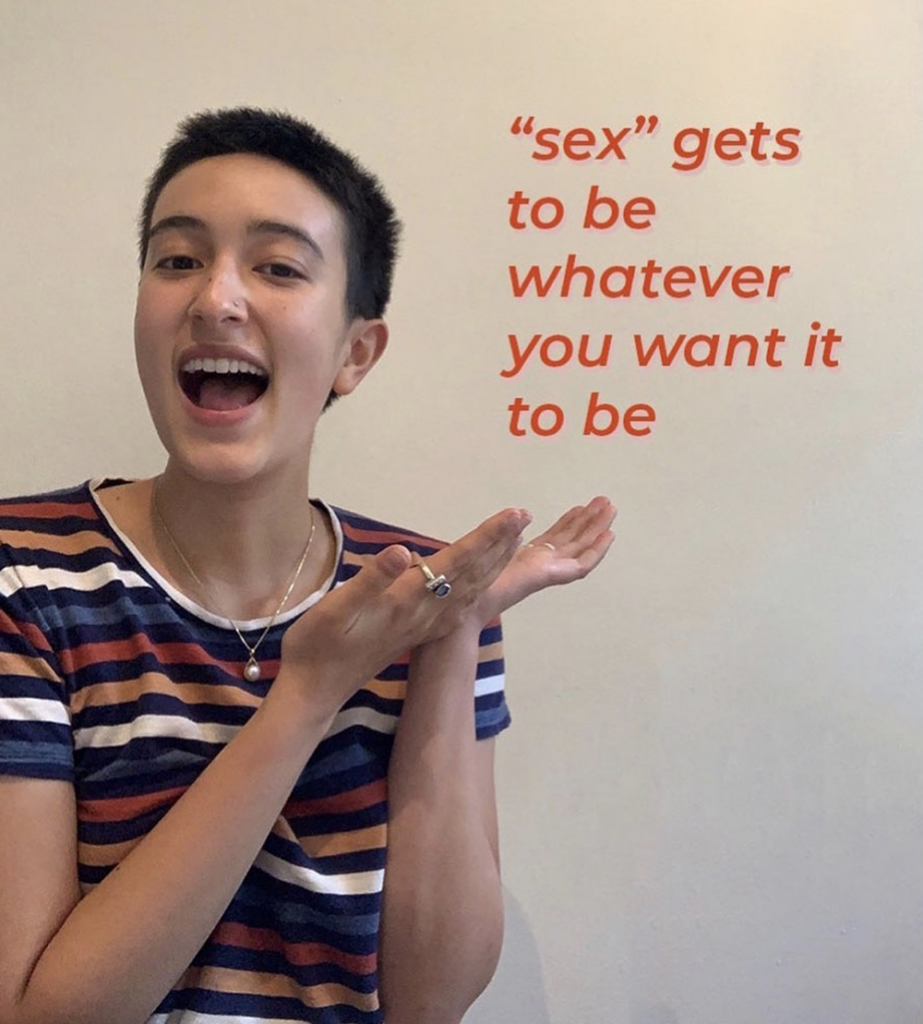
Cullina plans on posting about topics including what sex positivity means to them, sex and relationships during the COVID-19 pandemic and how consent should begin, according to their Instagram.
“There is so much I wish I had known about sex (and gender and relationships) when I was younger and I also have so many thoughts on the discourse of college students and sex,” they wrote on the account’s first post Sept. 6.
For Cullina, the language used around consent was designed to function in a legal setting, rather than in interpersonal situations. Young adults need to be taught the importance of boundaries and how to communicate those, they said.
“You have to teach people how to have compassionate sex, and so I think that is definitely my perspective as a sex educator,” Cullina said. “Being able to build that curriculum from an academic perspective I think was really important to me.”
Women’s and gender studies professor Sara Collina originally suggested Cullina identify themself as “your local philosopher of sex ed” on their Instagram account. Online accounts like Cullina’s do important work toward making the larger culture more inclusive and aware of all sexualities.
“The two things that I see Maggie bringing together so beautifully is this passion for communicating, educating and promoting what I think [they] would call sex postive,” Collina said in an interview with The Hoya. “But we can also call it more simply a promoting a culture of respect and inclusion in the context of sex and sexuality.”
Cullina did not pursue the intersection of sex and school at first. When they arrived at Georgetown, Cullina had planned to major in global health in the School of Nursing and Health Studies.
“In my head still, my academic interests were still very separate from sex,” they said.
Then, in October 2019, Cullina listened to a podcast produced by WNYC’s RadioLab called “In The No,” a three-part series that explored the complexities in the language of consent. Afterward, Cullina looked with newfound interest to see if Georgetown offered any courses on the subject, and they discovered the women’s and gender studies program, they said.
“I think that kind of marked a shift in studying sex and relationships from more of an intrapersonal and community level and not just sex as something between two people,” Cullina said. “I think through various women’s and gender studies classes, being able to study the social aspects of sex was really interesting and foundational for me.”
Last fall, Cullina helped develop the “Title IX for a New Generation” course with their classmates and Collina. The student-designed course, which facilitates student-led research and proposals tackling evolving Title IX policies at Georgetown, allowed Cullina to explore the best methods of teaching ways to prevent sexual harm.
Though Cullina participated in sex education at school when they were growing up, they learned what it meant to be sex-positive and became familiar with the topic through YouTube, including Hannah Witton’s channel and Lindsey Doe’s series “Sexplanations.” Creators such as Witton and Doe have used YouTube, Instagram and other internet platforms to promote sex positivity and educate a generation raised on abstinence-only slogans and unfettered Internet pornography, according to The New York Times.
Cullina is clear that “La Nouvelle Sexe” is not meant to replace robust and healthy sex education. Instead, their account shows there might be more to learn about sex than many people assume, they said.
“I think I just want to kind of plant the seed to cultivate that you should question what you’ve been taught about sex,” Cullina said. “I think that’s what being a philosopher of sex ed means to me.”


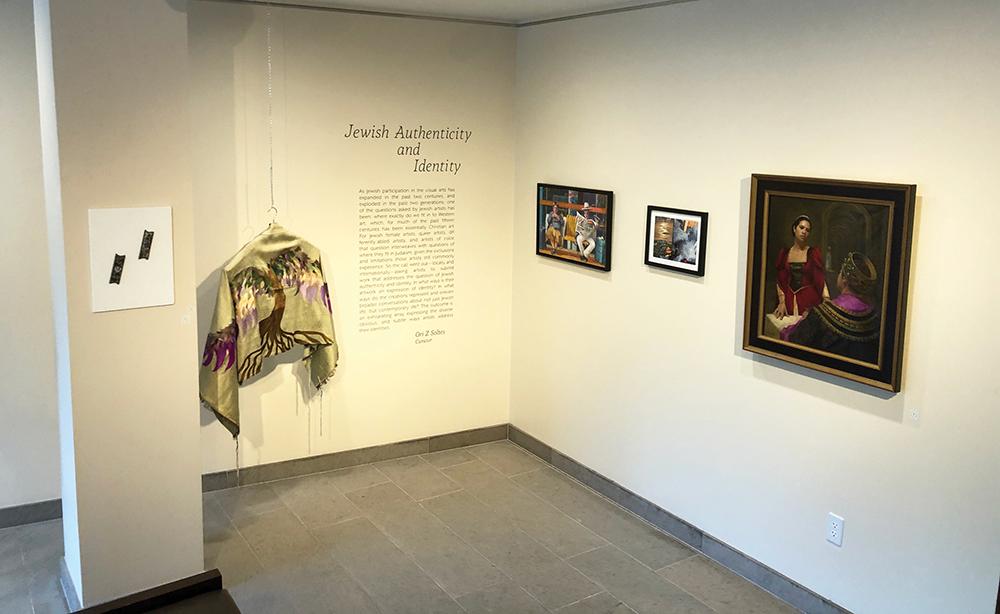

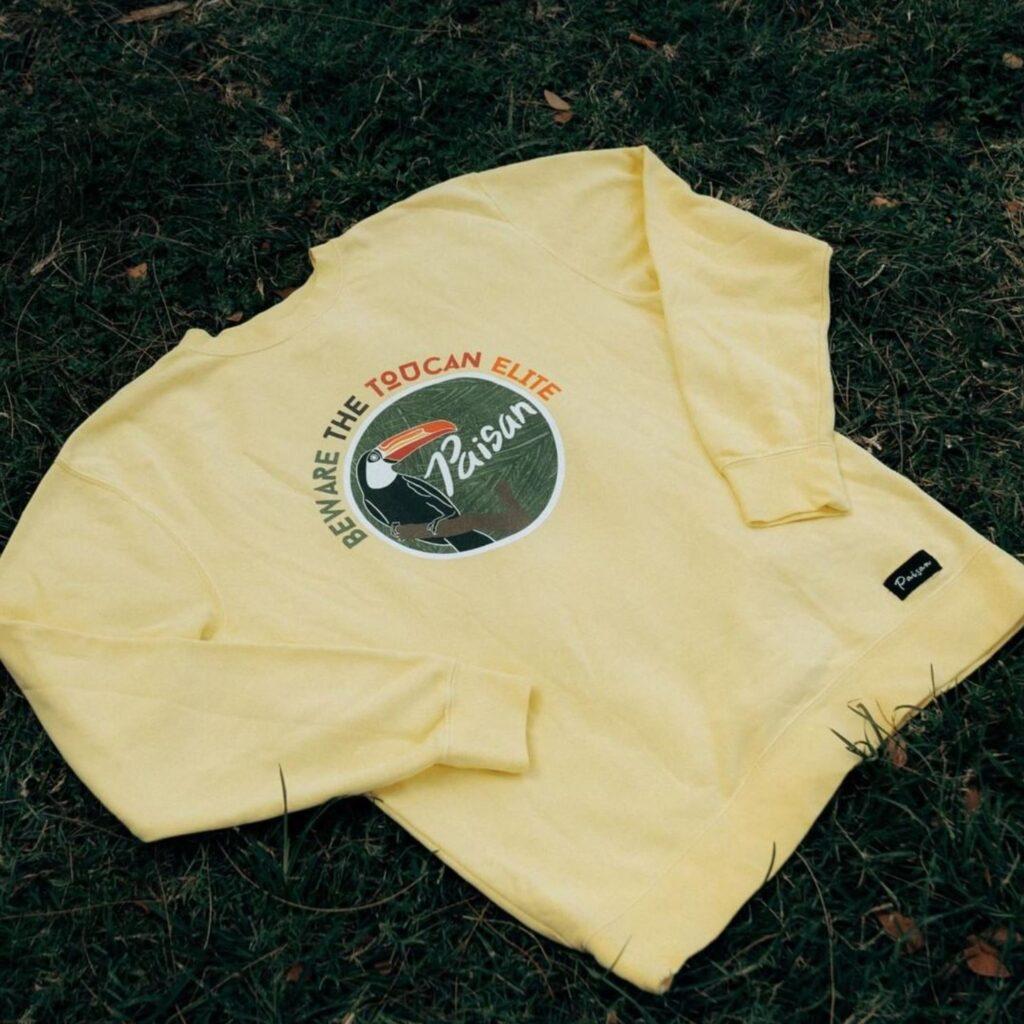
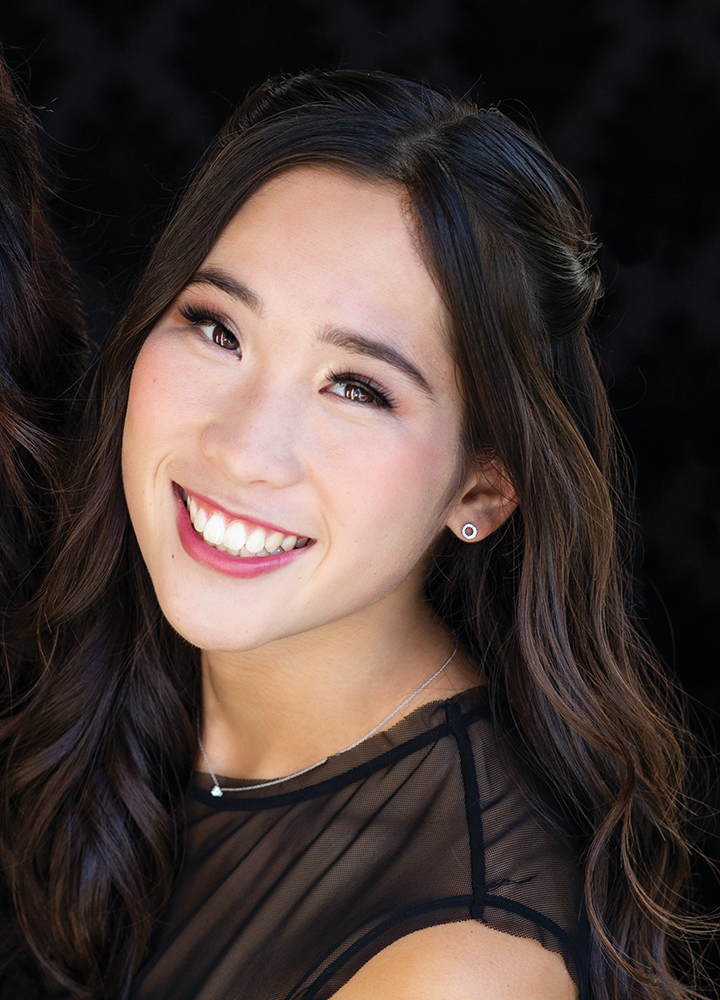
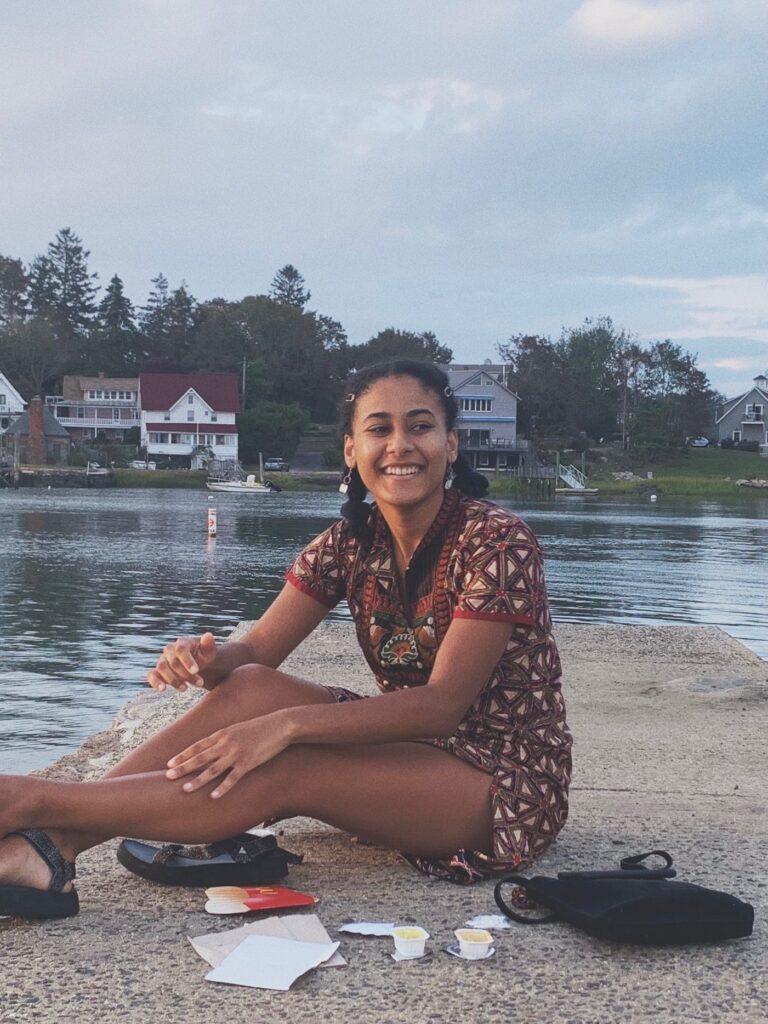
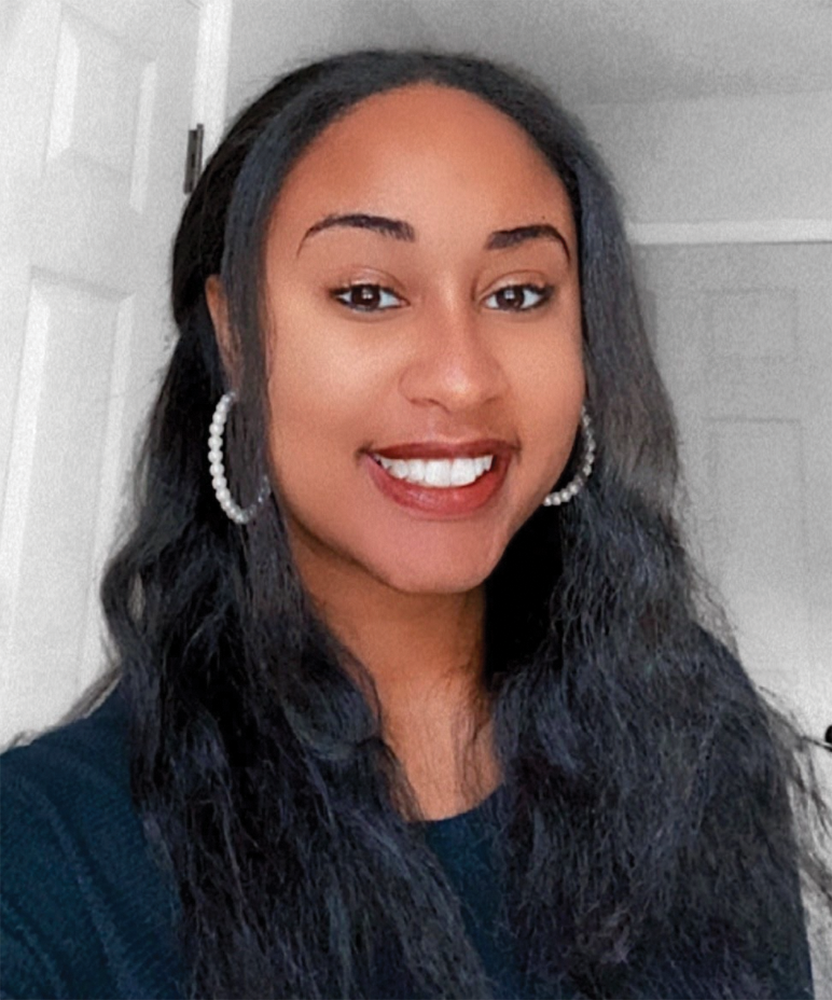













alex • Oct 6, 2020 at 8:35 pm
that’s my roommate !! class of 2021 tho
Ben • Oct 6, 2020 at 8:32 pm
First.